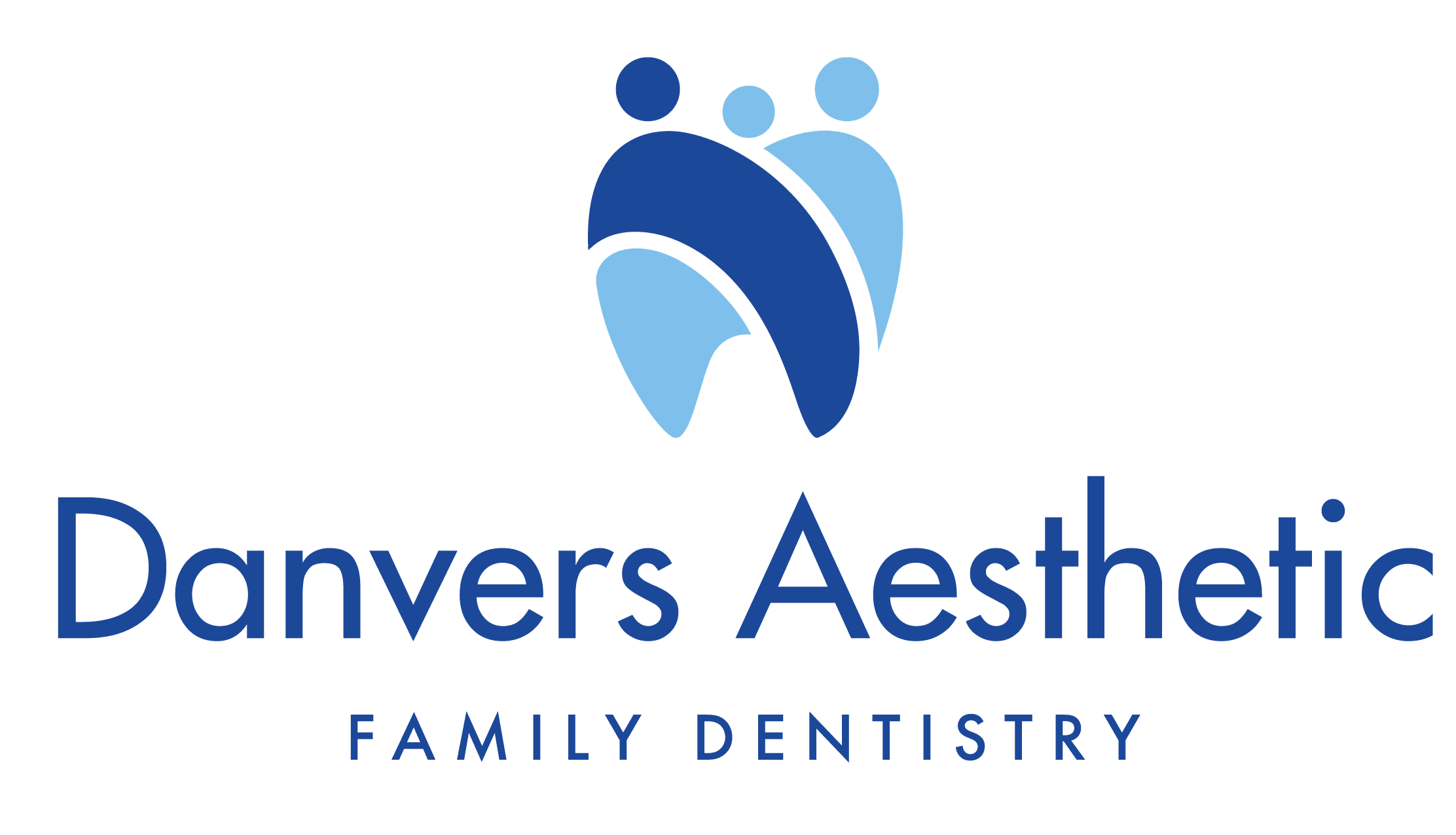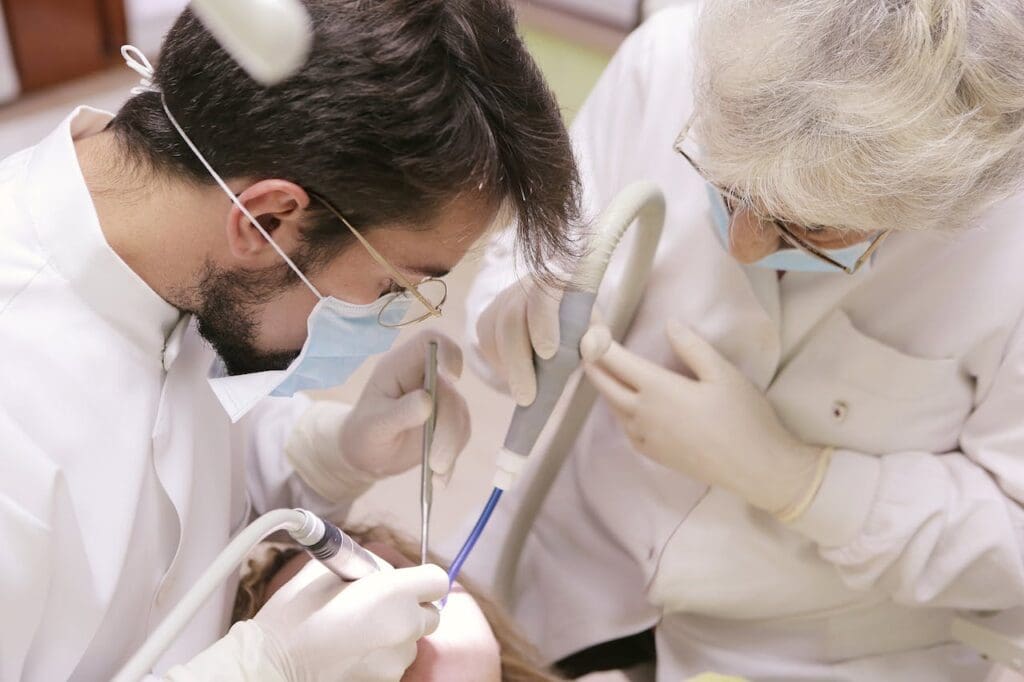Dental emergencies can occur suddenly and unexpectedly, causing panic and distress. Knowing how to manage these emergencies until you can receive professional care plays a crucial role in alleviating pain, minimizing complications, and preserving your oral health. At Danvers Aesthetic Family Dentistry, your local Danvers dentist, we prioritize patient well-being with our comprehensive emergency dental care services, ensuring swift and effective treatment for a broad range of dental emergencies.
Our team of experienced and compassionate dental professionals is well-equipped to address various emergency dental situations, including severe toothache, lost or broken fillings, tooth fractures, knocked-out teeth, abscesses, and more. In addition to providing prompt and effective emergency treatment, our dental experts focus on educating patients about appropriate management strategies, allowing for the best possible care in urgent situations.
Equipped with the knowledge and guidance offered in this blog article, you can approach dental emergencies with confidence and an understanding of the necessary steps to preserve your oral health. Should you require expert dental care in an emergency or simply wish to learn more about our services, don’t hesitate to contact our team at Danvers Aesthetic Family Dentistry.
Recognizing Dental Emergencies
Reacting appropriately to a dental emergency involves understanding the potential signs and symptoms, such as the following:
1. Severe Toothache: A throbbing, intense pain that may be accompanied by swelling, fever, or discharge around the gum area could indicate a dental infection or abscess requiring immediate attention.
2. Lost or Broken Fillings: A filling that has fallen out or fractured can cause sensitivity, pain, and even infection if left unaddressed. Prompt treatment is crucial in these scenarios.
3. Tooth Fractures or Cracks: Accidental injury or biting down on a hard object can result in tooth cracks or fractures, posing a risk for infection, nerve damage, or tooth loss if untreated.
4. Knocked-Out Teeth: A tooth that has been knocked out due to trauma is a time-sensitive emergency, and immediate care is necessary to increase the chances of successful reimplantation.
5. Dental Abscess: A pus-filled, painful swelling at the root of a tooth is a sign of an abscess, which can lead to serious health complications if left untreated.
First Aid and Management at Home
While professional care is vital in most emergency situations, knowing how to manage dental emergencies at home can alleviate discomfort and improve treatment outcomes:
1. Severe Toothache: Rinse your mouth with warm saltwater and use a cold compress outside the affected area to relieve pain and swelling. Avoid using heat, aspirin directly on the tooth, or any home remedies that may exacerbate the problem.
2. Lost or Broken Fillings: Keep the affected area clean by rinsing with warm water and use over-the-counter pain relief as needed. If the tooth’s structure feels sharp or causes discomfort, placing dental wax or sugar-free gum over it can provide temporary relief.
3. Tooth Fractures or Cracks: Rinse your mouth gently with warm water and apply a cold compress to minimize swelling. Save any broken tooth fragments, keeping them moist in water or milk.
4. Knocked-Out Teeth: Handle the tooth by the crown, avoiding the root, and gently rinse it without scrubbing. Attempt to reinsert it into the socket – if unsuccessful, place it in a container of milk or water to keep it moist.
5. Dental Abscess: Rinse your mouth with a warm saltwater solution several times a day to help alleviate pain and disinfect the area. Avoid applying direct heat or trying to pop the abscess, as this can spread infection.
In all cases, it’s essential to contact your dentist as soon as possible for further evaluation and treatment.
Seeking Prompt Professional Care
In addition to managing dental emergencies at home initially, it’s imperative to receive professional care to avoid complications and ensure long-lasting oral health:
1. Quick Diagnosis and Treatment: Dental emergencies should never be ignored. Prompt action enables quicker diagnosis and treatment, potentially preventing further damage to the teeth, gums, and bone.
2. Effective Pain Relief: Professional care can help provide effective pain relief through prescription medications, local anesthetics, and sedation options.
3. Treatment of Underlying Issues: Emergency dental treatment not only addresses the immediate issue but also the underlying causes, such as decay, infection, or structural problems.
Preventing Dental Emergencies
Although not all dental emergencies are preventable, several measures can help minimize the risk:
1. Regular Dental Checkups: Routine dental visits allow for early detection of potential problems, reducing the chances of emergencies arising from untreated issues.
2. Proper Oral Hygiene: Practicing consistent oral hygiene, including brushing, flossing, and using mouthwash, can help prevent decay, gum disease, and other issues that may lead to dental emergencies.
3. Custom Mouthguards for Sports: Wearing a custom-fitted mouthguard during contact sports can significantly reduce the risk of injury and tooth damage.
4. Avoiding Hard Foods and Objects: To prevent tooth breakage, avoid chewing on ice, hard candy, or non-food objects such as pens.
Conclusion
Dental emergencies can be both distressing and potentially harmful to your overall oral health. By being knowledgeable about dental emergencies and understanding how to manage them until you can receive professional care, you can become better prepared to navigate these challenging situations.
At Danvers Aesthetic Family Dentistry, our caring and experienced team is committed to providing comprehensive emergency dental care when you need it most. If you have any concerns or questions about emergency dentistry or any other dental services we offer, don’t hesitate to reach out to our team. Book a consultation with our emergency dentist in Danvers now!

